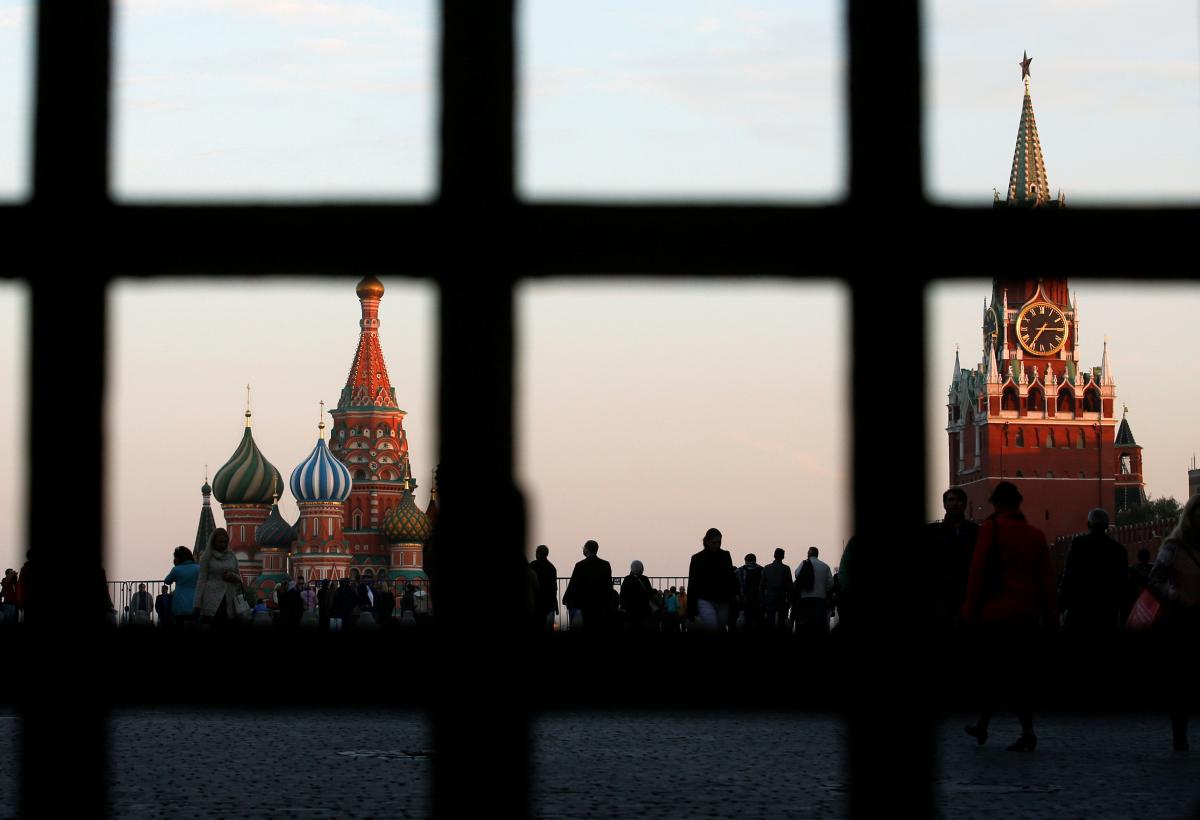
The tone and content of Russian President Putin's December press conference confirmed that the Kremlin would continue to consistently apply their tools to destabilize Ukraine.
Putin touched upon to the incident in the Kerch Strait where Russia seized Ukrainian ships and took Ukrainian sailors prisoner; he talked of the situation in Donbas, where Russian terrorists have allegedly been protecting the local population, and of his resentment towards the newly-created Autocephalous Orthodox Church of Ukraine, EUToday recalls in its report.
The Russian leadership continues the course launched right after the signing of the Minsk-I agreements. It is a combination of a wide range of internal and external means for dismantling the Ukrainian government, branded as "Russophobic" because of its unwillingness to surrender to Russian aggression, which seeks to eradicate everything that is Ukrainian and bring pro-Moscow puppets back to power in Ukraine.
Russia continues to combine non-military destabilization methods alongside other hybrid forms of aggression to ensure a favorable "electoral base" in the presidential elections in March and the parliamentary elections in October.
Read alsoTurchynov names six major threats to Ukraine coming from Russia
Trying to destabilize Ukraine's defenses, Moscow is set to further strengthen the combat capabilities of its military deployment along the Russian-Ukrainian border and in the Sea of Azov. Together with strengthening their military presence, a disinformation campaign with a view to concealing the actual number of missile systems deployed and their location across the temporarily-occupied Crimean territory.
To destabilize Ukrainian foreign trade, the Kremlin is putting pressure on financial and industrial groups in the CIS member states. They have been threatened with a boycott by the Russian market if they continue cooperating with Kyiv. The Kremlin is also applying pressure on Belarus to stop supplying petroleum products from Belarusian refineries to Ukraine. The Kremlin believes that this should contribute to a sharp jump in fuel prices in Ukraine, hurting the economy on the eve of the election, thus playing into the hands of the populists.
Read alsoTactics of petty provocations: Expert explains Kremlin's efforts to intimidate Ukrainians
In politics, Russia continues employing its agents of influence to wage splits in Ukraine. This is about reviving the Kremlin’s "Shatun Plan" (based on a pun from a Russian verb “shatat”, or shake, and “shatun”, an insomniac bear), which was proposed by the Kremlin’s chief strategist for Ukraine Vladislav Surkov.
The presidential and parliamentary elections in 2019 present a new opportunity to establish a regime in Ukraine more loyal to today’s Kremlin. To destabilize Ukraine and wreak political chaos, Moscow has allocated hundreds of millions of dollars. All links of the electoral process are expected to become targets for massive interference, such as public opinion bombarded by propaganda, disinformation, cyber attacks, and blatant bribery of voters.
The Kremlin’s goal for the parliamentary elections is to establish a strong pro-Russian faction. To this end the whole arsenal of dirty tricks is expected to be applied, including smear campaigns, use of the "kompromat," spreading local hype-driving rumors, exaggerating internal issues and employing internet trolls. Experts of the European watchdog "EU vs. Disinformation" estimate that in 2018, out of 1,000 reported cases of disinformation spreading through the Russian media, 461 cases were related to Ukraine.
Now, pro-Russian agents are insisting on peace at any cost and claiming that all the issues in Ukraine would be solved once political and economic ties with Russia are restored. The Kremlin is investing heavily in creating and aggravating religious, social, and ethnic tensions in Ukrainian regions using combat tested methods.
In the Trans-Carpathian region, the Kremlin seeks to play on the pro-Hungarian feelings of the local population of the Rusyns, trying to worsen Ukraine-Hungary ties, and creating a picture within the EU that Ukraine violates the rights of Hungarian minority.
Today Russia is paying dearly for its aggression – international sanctions remain in place, Kremlin diplomacy is experiencing constant defeats, and international courts of law rule against Russian companies. The prevailing sentiment in the U.S. is anti-Russian, while the EU and most EU Member States condemn Russian aggression. Amid international isolation, sanctions, and rejection, the Kremlin has high hopes for a change in Ukraine's top offices, making this a priority for their foreign policy.

